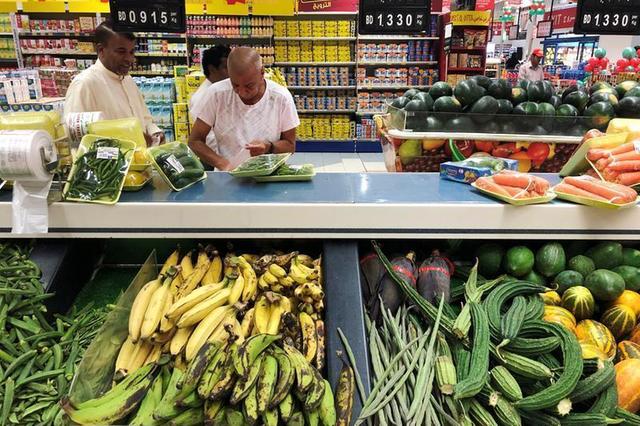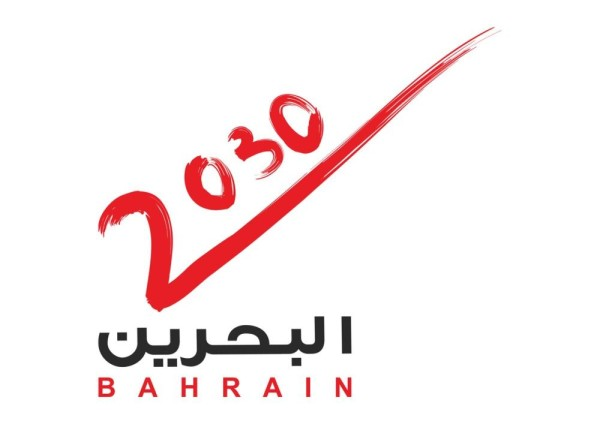Shoppers in Bahrain have been hit by a Ramadan spike in food prices and traders, shops and supermarkets have issued a ‘don’t blame us’ notice.
The hope is that the sudden increases are only a temporary blip caused by a combination of global factors but MPs will be urgently debating measures to protect the most vulnerable.
Top of the shock list is the price of tomatoes which has increased by more than 200 per cent, having risen to BD1 per kilo, from BD1 per 3kg, as reported in yesterday’s GDN.
“The price of these tomatoes has been increased from the source,” according to Bahrain Chamber Resources and Food Committee chairman and Midway chief executive Khalid Al Ameen, who said all of the price increases mostly affected food products being imported into the country.
“It’s not because the traders in Bahrain have increased the prices,” he said.
Earlier, the Industry, Commerce and Tourism Ministry said the tomato tension was due to the high price in countries of origin, fluctuations in weather conditions and a frost wave in the growing countries at a vital time.
Mr Al Ameen also pinned the blame for the increase of food prices on several aspects, including the international developments unfolding in the world, such as Russia’s conflict with Ukraine, which have directly affected the global food market.
He also pointed at the rise in oil prices, soaring shipping costs and insurance increases which had also led to a rise in the prices of some foodstuffs and commodities.
He believes panic buying customers who went on a shopping spree, buying and storing food products a few days before Ramadan further strained the market.
“The price of zucchini from Jordan, for example, has also increased due to extreme cold weather conditions which destroyed 60 per cent of crops,” he added.
“Carrots from Oman are also expensive and other food products have increased over the past two weeks, however, experts believe the increase in prices will not last more than two weeks.”
Vegetable traders also attributed the increase to the suspension of agricultural subsidies, as reported in the GDN, covering supplies, tools and greenhouse covering materials.
Bahrain Agricultural Co-operative Society vice-president Yousef Ahmed Hassan said farmers used to get 25kg of fertilisers for BD8, but after lifting of subsidies the price rose to BD19.
The GDN checked a local store last night where the tomato prices had jumped from 0.345 fils to BD1 per kilo in a couple of days.
“I’m surprised to see the prices have increased this quickly,” a cold store employee told the GDN. “The tomatoes coming from Jordan are now priced at a dinar a kilo.”
The ministry has confirmed that an increase of tomato shipments arriving in the coming days should offer relief and see prices of the salad favourite come down.
MPs don’t want to risk playing the waiting game.
A ration card with a fixed sum of money to cover the cost of essential items could be introduced for low-income families and pensioners, if they get their way.
An urgent proposal by five MPs, led by Bahrainisation Committee chairman Ebrahim Al Nefaei, was submitted yesterday to Parliament Speaker Fouzia Zainal.
It is now set for debate in today’s session. “Food prices have gone higher than what an average individual can afford in recent days,” claimed Mr Al Nefaei.
“Average individuals are struggling to make ends meet, so you can imagine how difficult it must be for low-income families and pensioners.
“We are proposing the issuing of ration cards to cover the cost of basic foods to ensure people in Bahrain don’t go to sleep hungry.”





